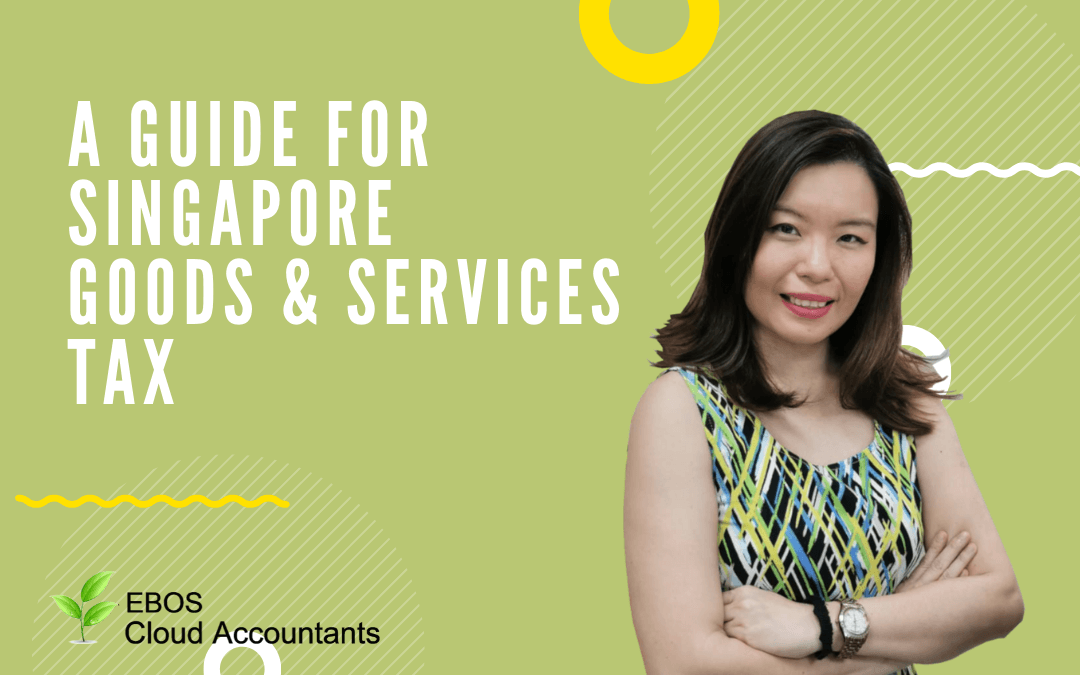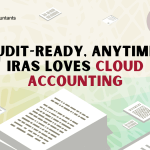When it comes to the taxes you are required to pay, it can be extremely difficult to understand what you need to pay, how you need to pay and when this payment should be made. GST filing in Singapore is one such tax.
The Goods and Services Tax also known as GST was first implemented in 1994. It was inspired by the UK VAT legislation as well as the New Zealand GST legislation. The tax is collected, assessed and enforced by the Inland Revenue Authority of Singapore. The tax was originally implemented in order to lower the personal and corporate tax rates as well as producing a steady revenue for governmental bodies. It is currently 7% and is an indirect tax.
What is GST?
It is known as Value Added Tax in many other companies around the globe and is a consumption tax that is levied on a wide range of goods and services within Singapore as well as the importing of goods into Singapore. It is expressed as a percentage that is applied to the selling price of goods and services provided by GST registered business entities in Singapore. Unlike many other taxes, GST is charged to the consumer or a product or service and is therefore not a cost of the company itself. Instead, the company is working on behalf of the Singapore tax department to collect the tax for citizens.
How Does GST Impact a Singapore Company?
Once a company is registered for GST, they are required to collect GST tax from customers for all goods and services that are sold by them and then pay this tax to the authorities. This can be managed by GST services who will complete your GST filing in Singapore. A simple example of how this tax works would be as follows:
A client orders $100 worth of services which you then charge then for in Singapore. The bill for this client would be $107 to include the 7$ GST. This invoice would allow the company to collect tax on behalf of the authorities which is then paid to the Singapore tax department on a quarterly basis through GST tax filing. Not all companies that have been incorporated in Singapore are registered to charge GST. They have to meet certain conditions to apply to the IRAS which allows them to become GST registered. Before this requirement is met, they are not legally allowed to charge GST for their services.
When Will My Business Be Required To Register For Gst?
GST is self-assessed and therefore businesses are required to assess whether or not they are required to register for GST. Registration itself falls into two distinct categories; compulsory registration and voluntary registration.
Compulsory Registration
There are a number of situations in which compulsory registration will become a requirement of your business. The first reason is if your business turnover is larger than S$1 million over the last 12 months of operations. This is known as the retrospective basis.
The second reason for compulsory registration is known as the prospective basis. This is if you believe that your turnover for the year will exceed S$1 million over the next 12 months of sales. This includes everything from agreements and contracts you have signed to the revenue you produce through sales.
When your revenue exceeds S$1 million, you are then required to submit your GST application to the IRAS within the next 30 days. Should you fail to register your business with the IRAS you will be penalised. There are a number of anti-avoidance provisions that ensure that companies or entities are not established in order to keep turnovers less than the threshold in order to avoid registration.
Voluntary registration
Should you not qualify for compulsory registration, you have the option to voluntary register based on your business operations. Firstly, your business must have plans to sell or must already sell in Singapore itself. There are a number of additional requirements that must be met in order to sign up for GST on a voluntary basis. More information on what you need to be accepted can be found using professional GST services.
Once you are registered voluntarily, you are required to remain registered for a minimum of two years in order to comply with GST regulations. This includes filing your GST return on time every quarter as well as maintaining all records for at least five years. This includes if your business has ceased and you have deregistered from GST. On top of this, compliance with additional conditions may be required by the tax authority.
When Would My Business Be Exempt from Registration?
If your company produced ONLY zero-rated suppliers you are liable to apply for an exemption. This is still the case even if your payable turnover is higher than the registration limits. The exemption will be approved by the IRAS if more than 90% of your taxable supplies are zero-rated and if your tax input is already higher than your output.
De-registration
Should you choose to cancel your registration you can do so due to the following:
- Your businesses stop its operations,
- Your business is 100% sold to another individual
- Your sales do not exceed S$1 million.
In order to complete this process, you must submit an application form as well as all additional relevant documents within 30 days from the date of cessation. This must be submitted to the tax authority.







